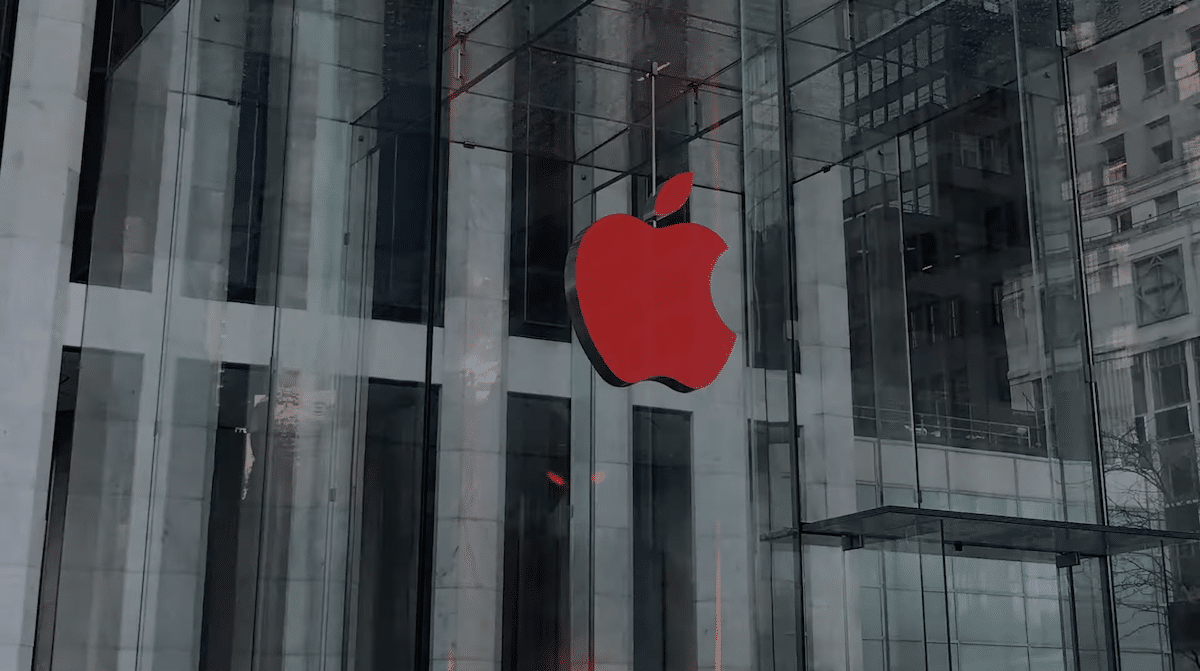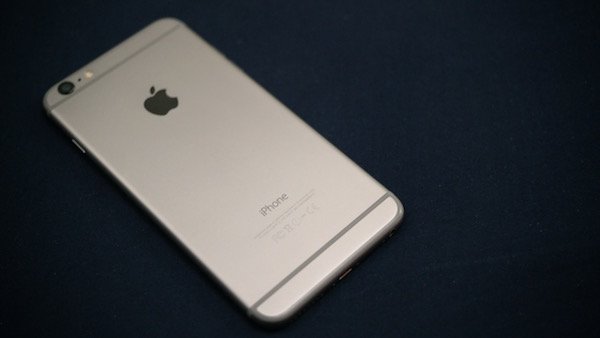In 2020, Apple settled a lawsuit for a minimum of $310 million or a maximum of $500 million over the iPhone battery throttling issue on older models.
Bloomberg Law reports that the US Court of Appeals for the Ninth Circuit has rejected the settlement and vacated the judgment of the lower court because of using incorrect legal standards in its ruling.

Filed in 2017, the class action lawsuit accused the company of deliberately slowing down older iPhone models. After a two years long legal battle, Apple finally settled the case without an admission of wrongdoing.
Under the settlement, US owners of the following smartphone models were eligible of availing the $25 cash claim:
- iPhone 6, 6 Plus, 6s Plus, or/and iPhone SE on iOS 10.2.1 or later
- iPhone 7 or/and 7 Plus on iOS 11.2 or later.
However, 144 members of the suit appealed the ruling over the concern the court’s approved $80.6 million would not cover attorney fees, and pay for “service awards to the named plaintiffs.”

Plaintiffs will not get a higher settlement amount from Apple
According to the report, the court has vacated the settlement but not for the reasons the plaintiff had hoped for. Judge Jacqueline H. Nguyen wrote that the lower court made an error in the application correct legal standard.
“The district court properly resolved most of the objections at issue on appeal. However, in finding the settlement fair, reasonable, and adequate, the district court committed legal error.”
“While we commend the district court’s thoughtful and thorough analysis, which suggests that the court took great care in considering the terms of the settlement,” she continued, “its written order explicitly states that the court applied a presumption that the settlement was fair and reasonable.”
“Because the district court applied the wrong legal standard when reviewing the settlement’s fairness. we vacate the orders granting final settlement approval and awarding fees, expenses, and incentive awards, and we remand for application of the correct standard.”
It is expected that the district court would proceed to reissue its approval with correct legal standards.